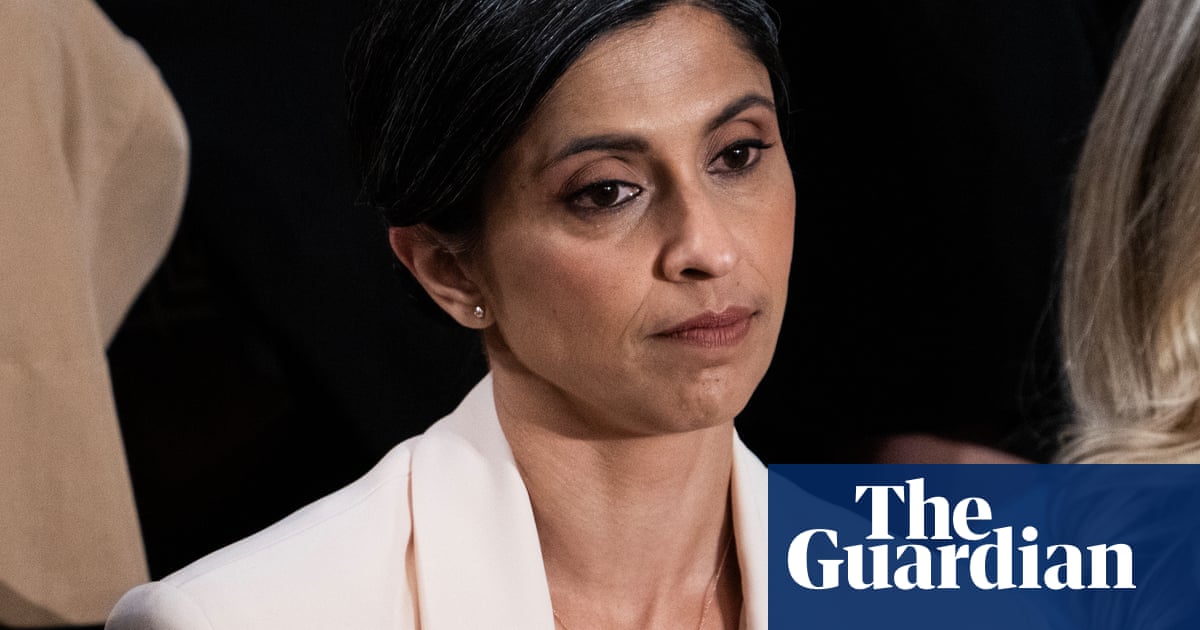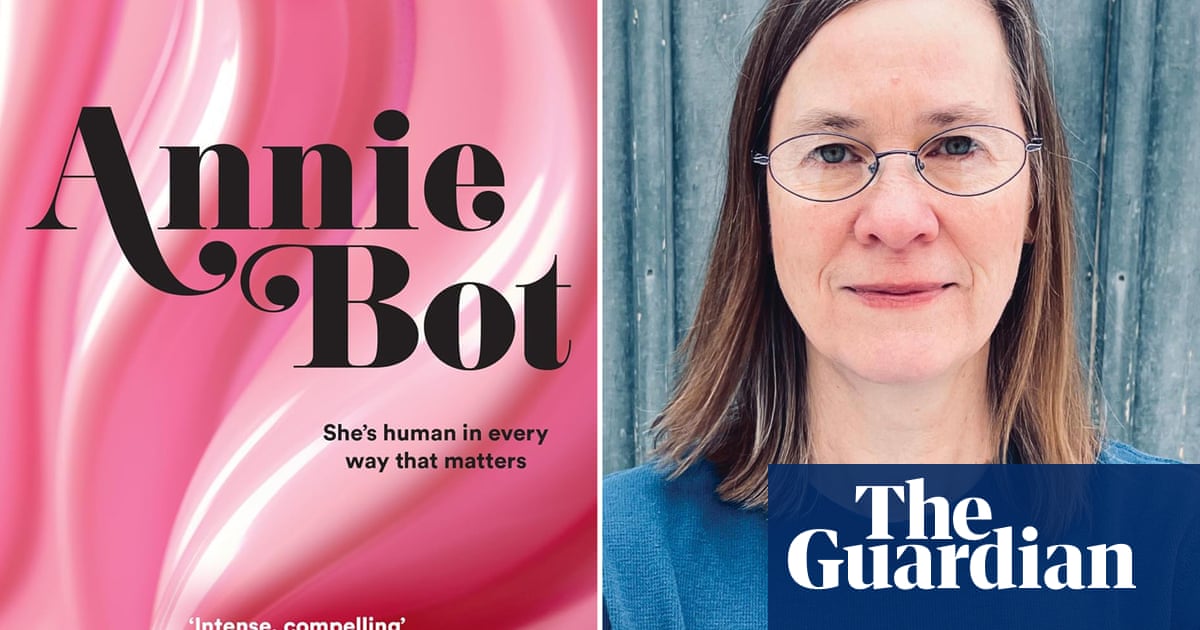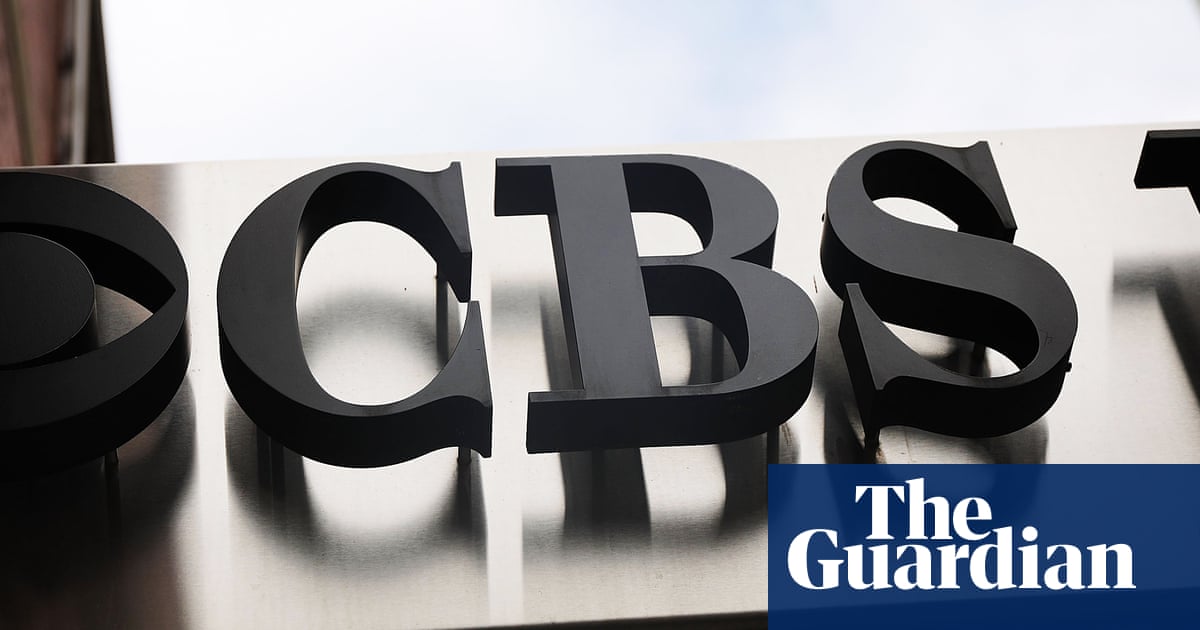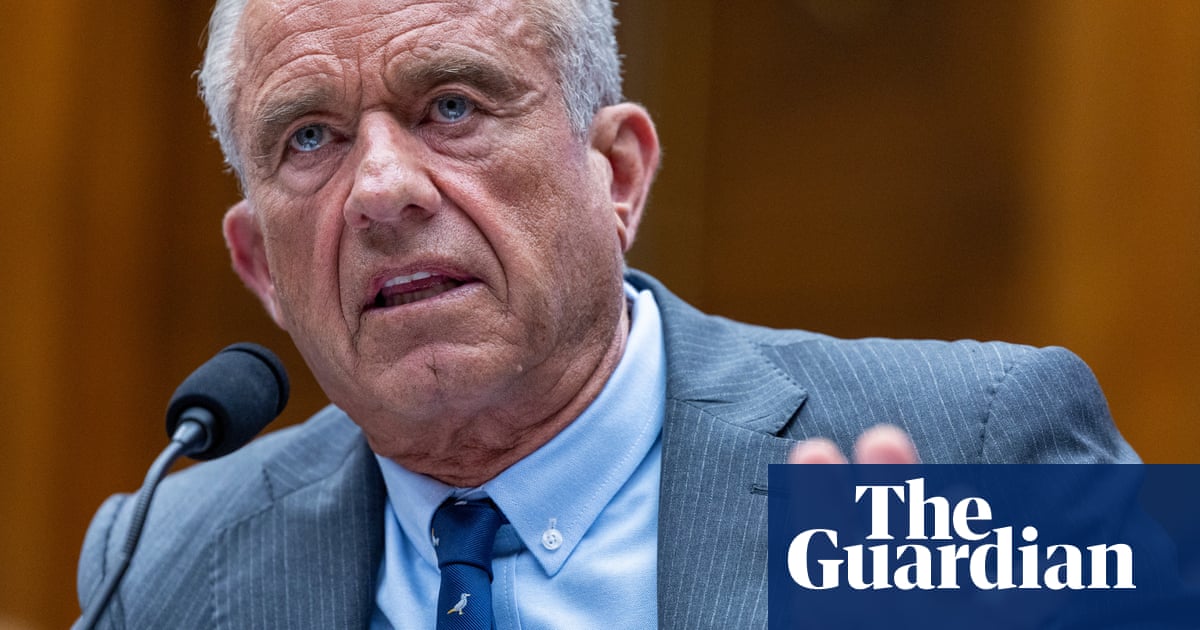Shell has denied talks are taking place for it to buy BP, amid reports that it is negotiating a historic £60bn takeover to create one of the world’s largest oil and gas companies.
The so-called oil supermajors are reported to be discussing a potential deal after speculation earlier this year that Shell was considering a bid for its struggling rival, which would mark an end for the 120-year-old company.
The talks over a potential megamerger, reported by the Wall Street Journal, could lead to one of the largest takeover deals in UK corporate history and a British oil company worth well over £200bn.
According to the report, talks between company representatives are moving forward slowly while BP carefully considers the approach, but a final deal to create a new oil giant remains far from certain.
A spokesperson for Shell referred to the report as “further market speculation”, and added that “no talks are taking place”. However, they did not say whether talks had previously taken place.
Market commentators have in recent months speculated that Shell might use its record-high profits to buy BP, which has long been marked by analysts as a potential takeover target as its failed green energy plan, disappointing financial results and boardroom turmoil have sent its share price tumbling.
The company has lost almost a third of its market value in the past year, and is now worth about £58bn, after a turnaround plan by its chief executive, Murray Auchincloss, failed to convince investors that it could recover from a botched attempt to become a net-zero energy company.
The embattled oil company has already emerged as a target for the feared activist hedge fund Elliott Management, which amassed a stake in BP earlier this year to call for a major strategic overhaul to rescue its flailing market value.
BP’s doomed green strategy was first put in place in early 2020 by the former chief executive Bernard Looney, whose promise to cut BP’s oil production by the end of the decade backfired when Russia’s invasion of Ukraine in early 2022 led to soaring global energy prices.
Looney was forced to backtrack on the company’s green ambitions before he was ousted by the BP board for failing to disclose personal relationships with his staff.
BP’s shareholders have since turned on the company’s chair, Helge Lund, who appointed Looney and oversaw the share price plunge. Lund announced plans to step down from the company in April amid shareholder pressure.
Auchincloss has since promised investors to cut more than £4bn from its low-carbon investment plans in favour of a return to growing fossil fuel production.
The plan has angered green groups and has done little to appease BP’s investors. Auchincloss has also warned that his plan would include cutting thousands of jobs from BP’s global workforce, amounting to 5% of its staff.
Shell’s chief executive, Wael Sawan, pledged to grow its oil and gas business leading to record profits during the global energy crisis as well as hefty shareholder payouts for investors and a market value of more than £150bn.
Sawan was forced to deny Shell’s rumoured plans to take over its smaller rival earlier this year, saying the company was more interested in buying back its own shares than buying another company.
He told the Financial Times earlier this year: “We will always look at these things, but you are also looking to see what is the alternative. Right now, buying back Shell [shares] for us continues to be absolutely the right alternative to go for.”
A Shell spokesperson said: “As we have said many times before we are sharply focused on capturing the value in Shell through continuing to focus on performance, discipline and simplification.”
BP declined to comment on the reports of a takeover.

 3 hours ago
1
3 hours ago
1

















































